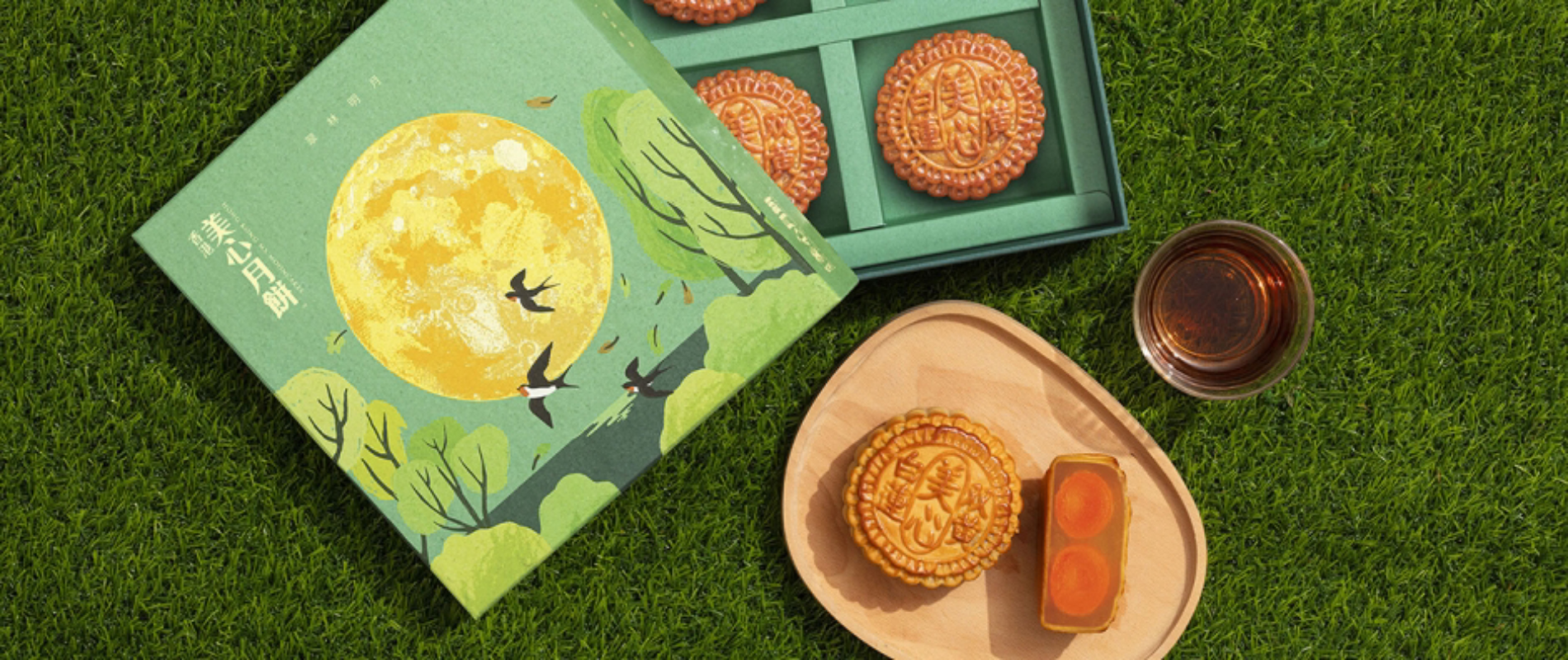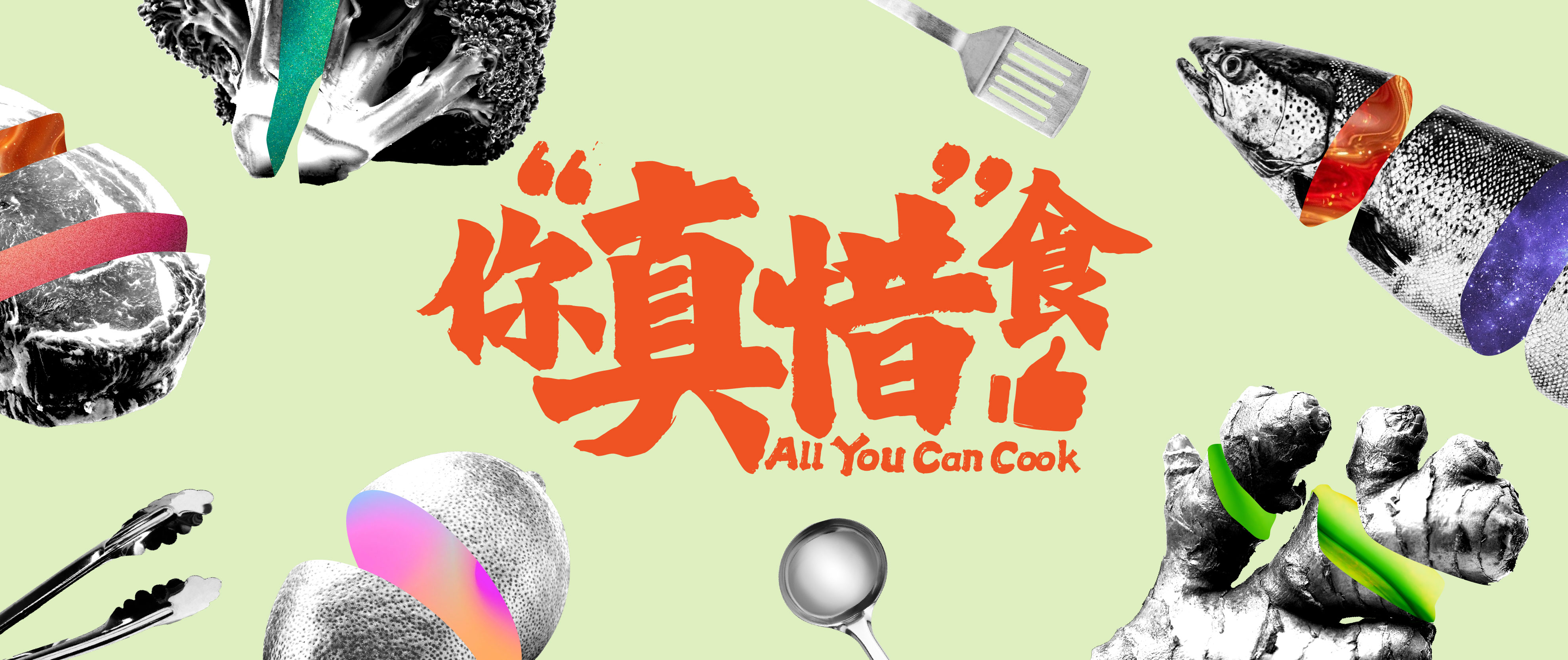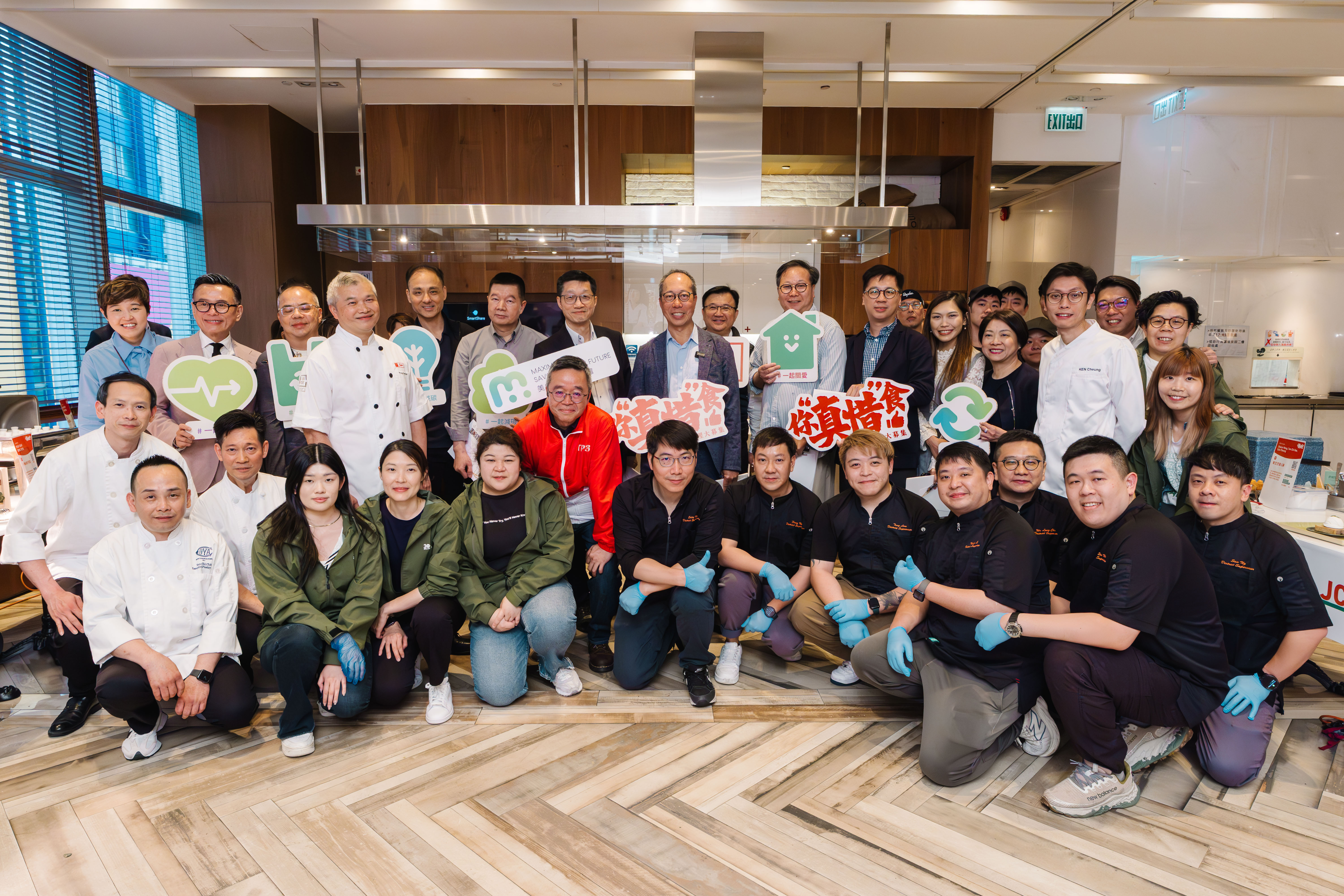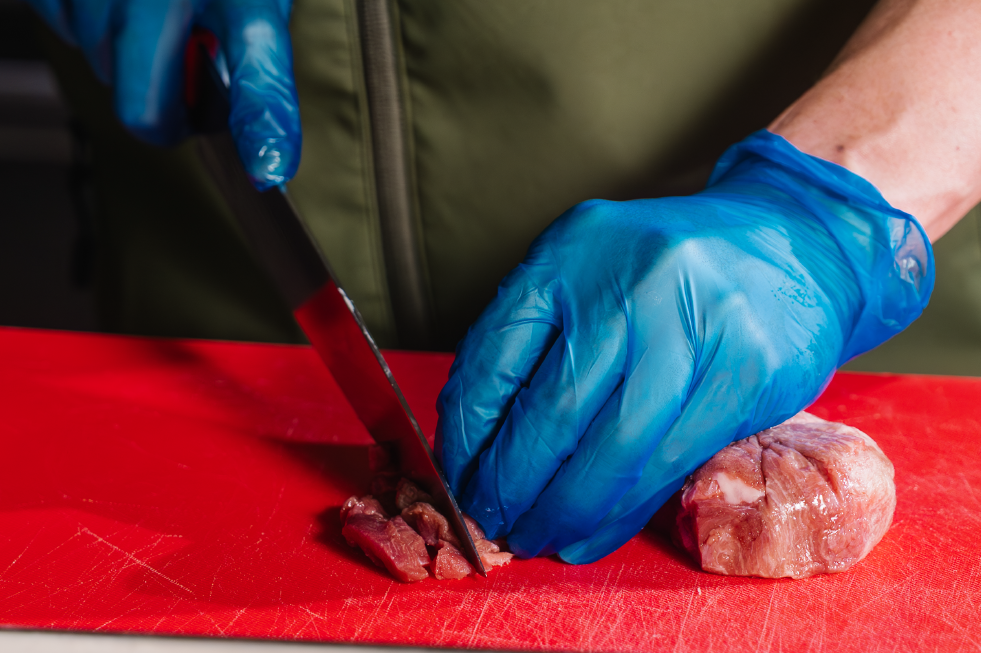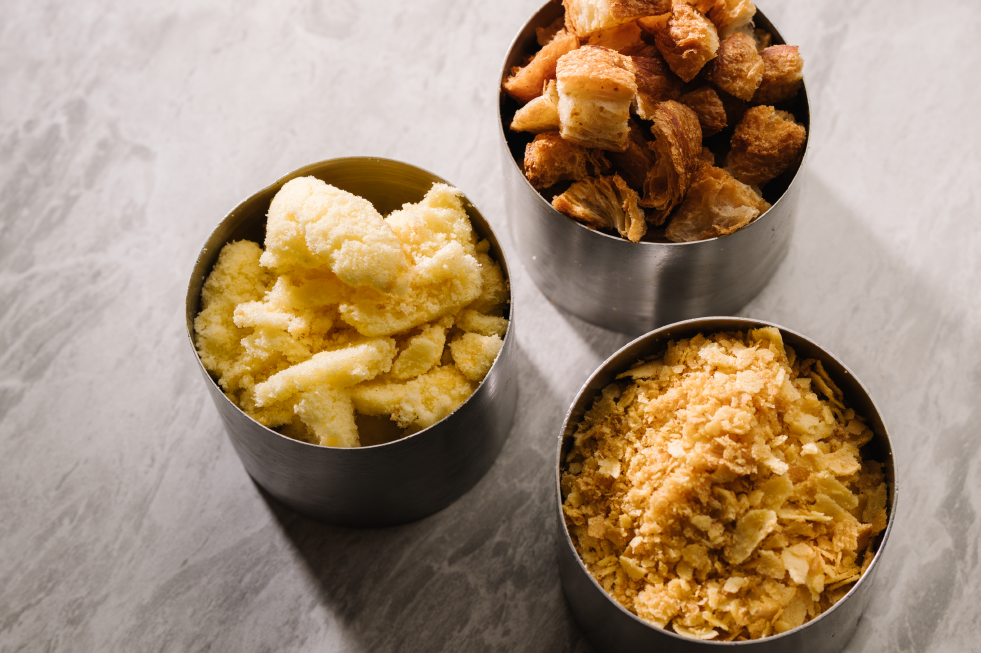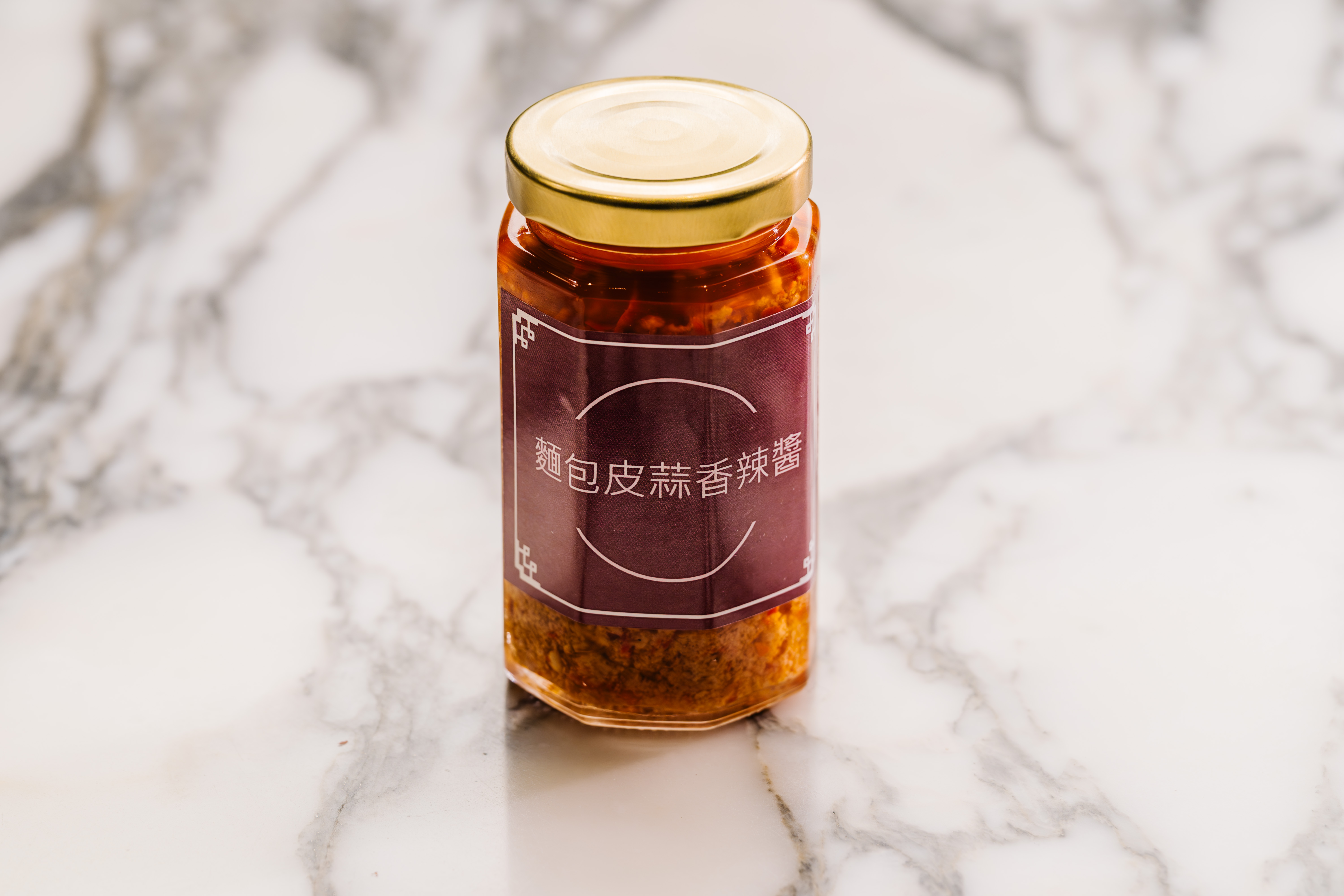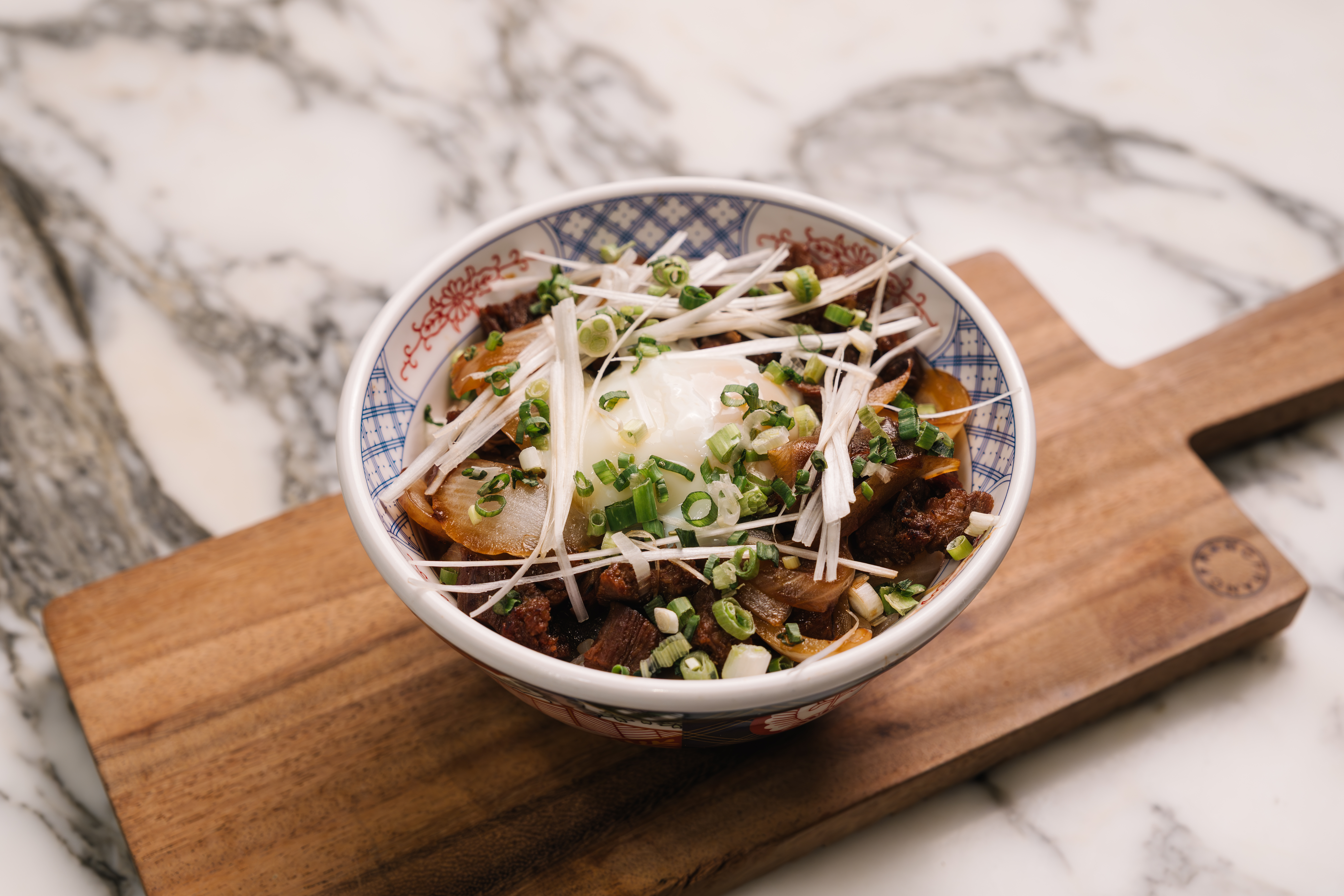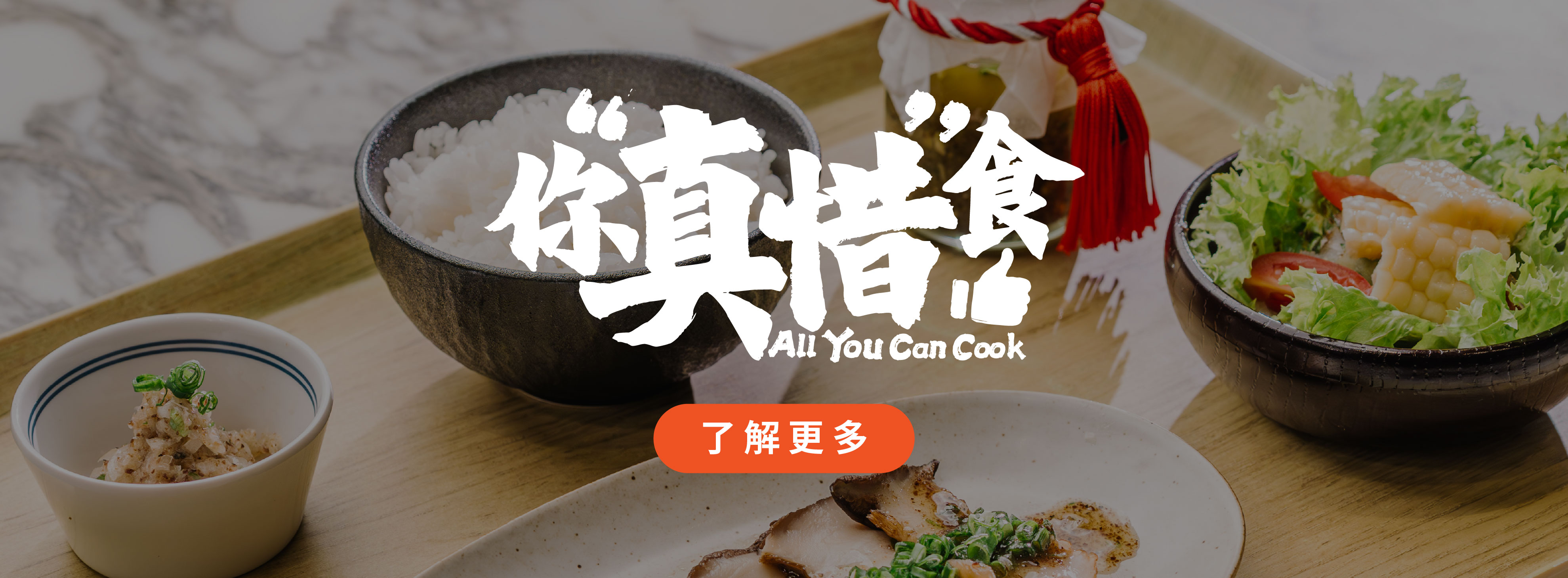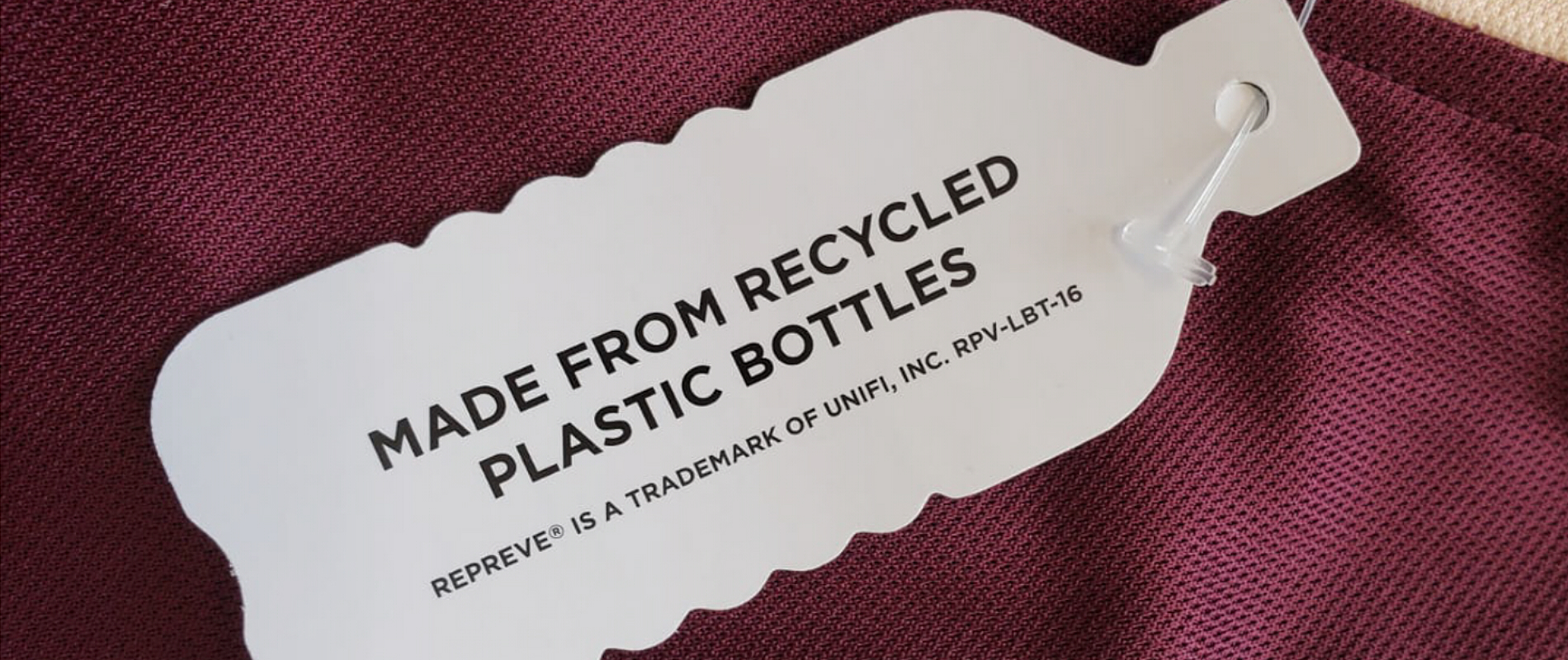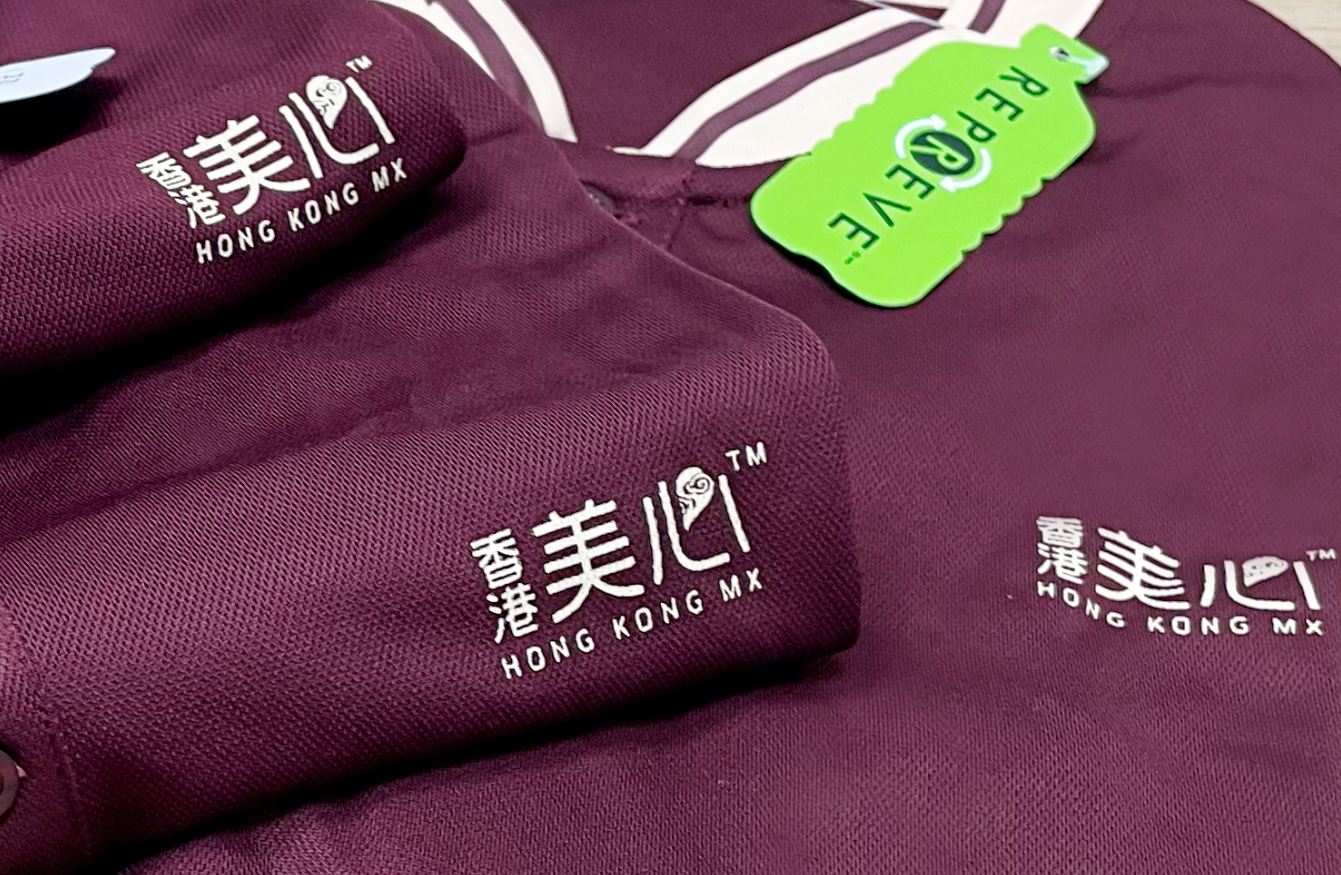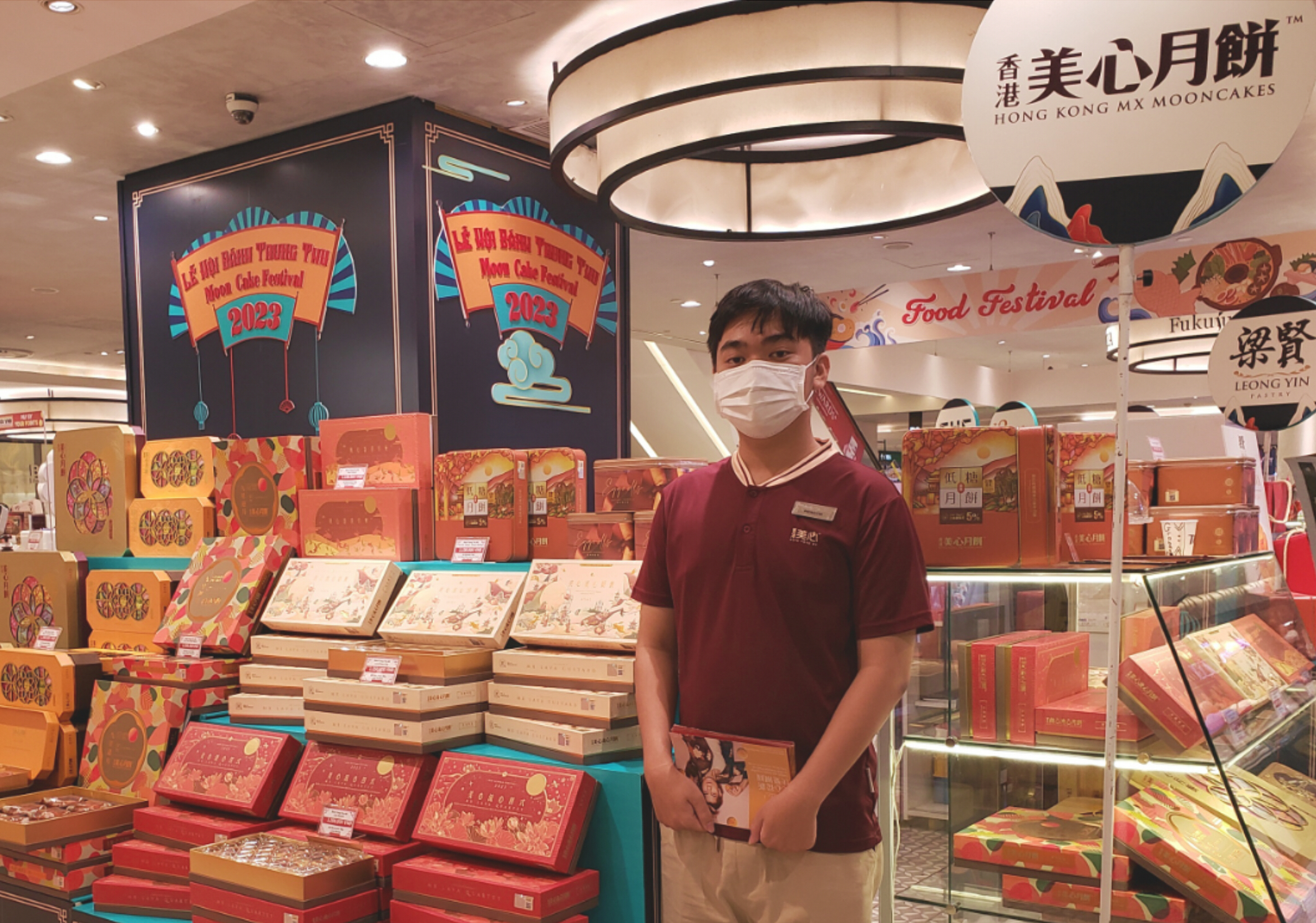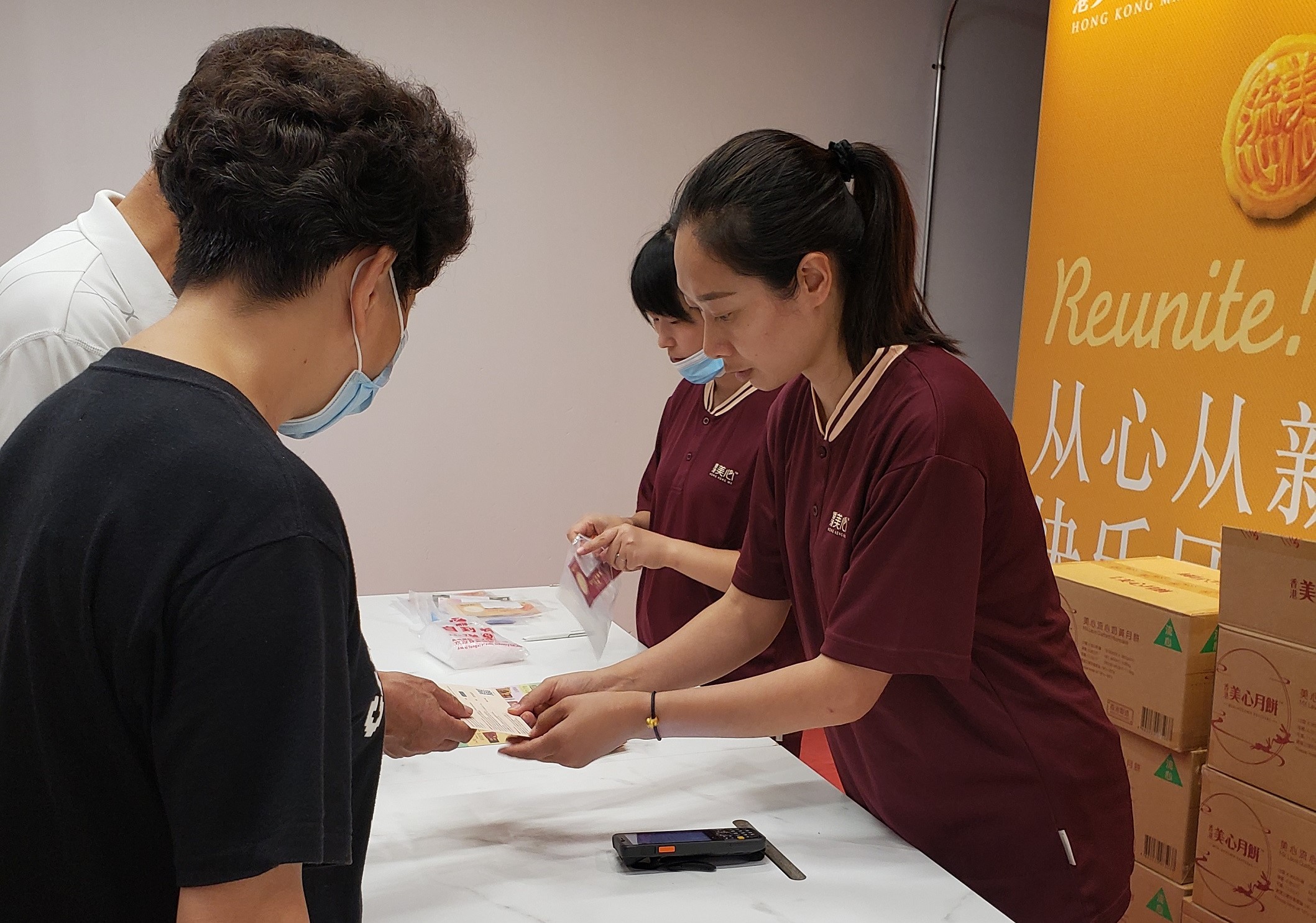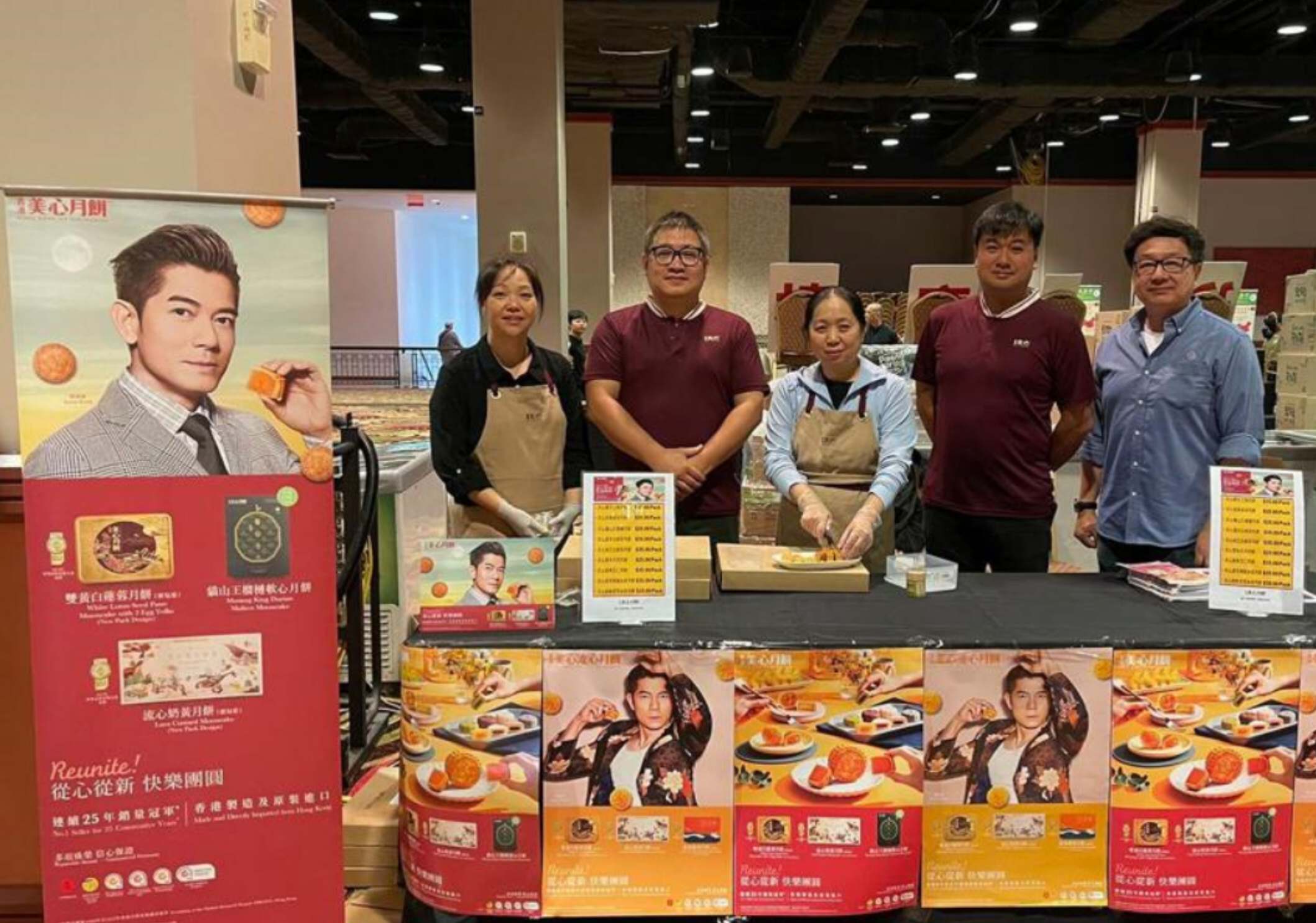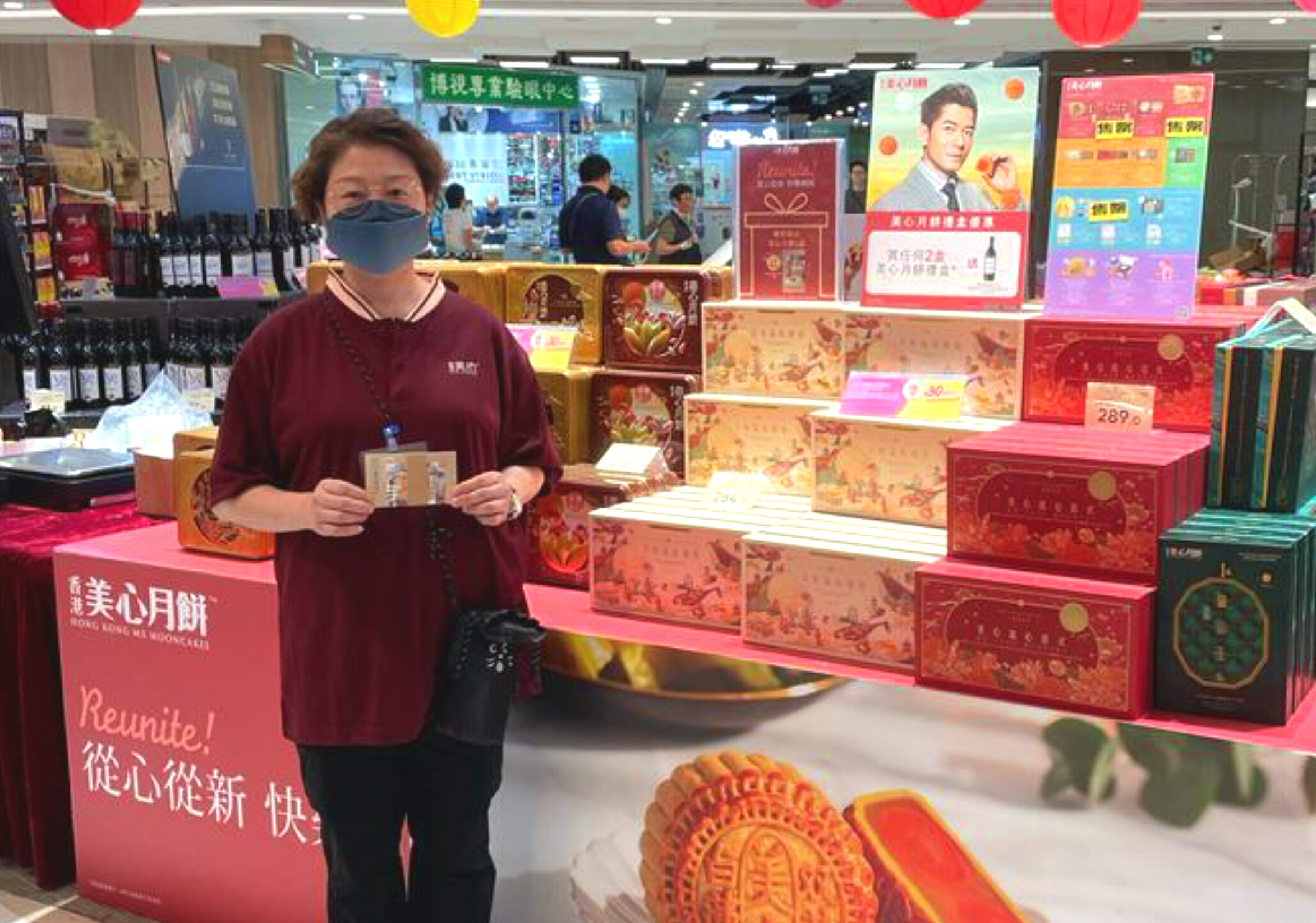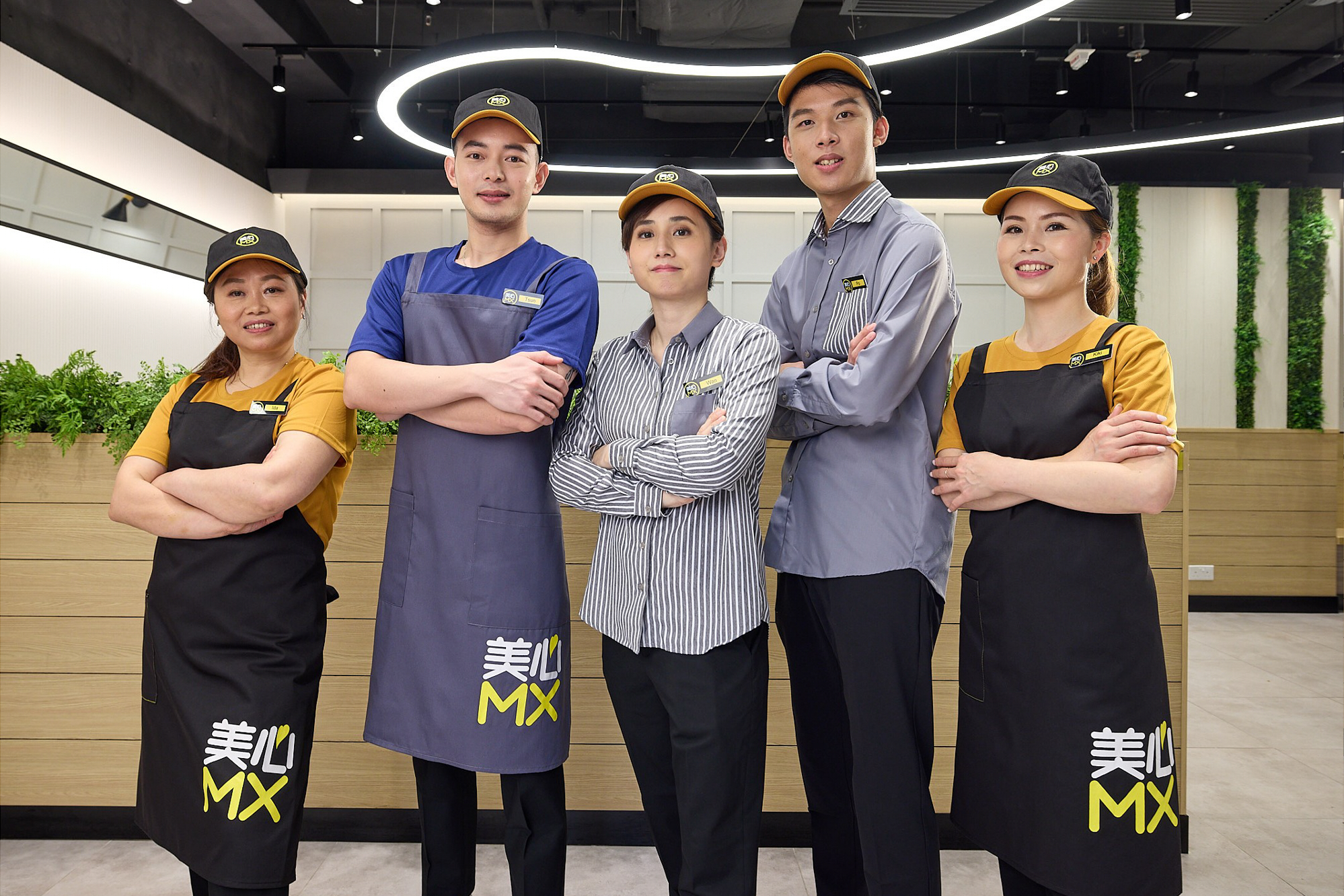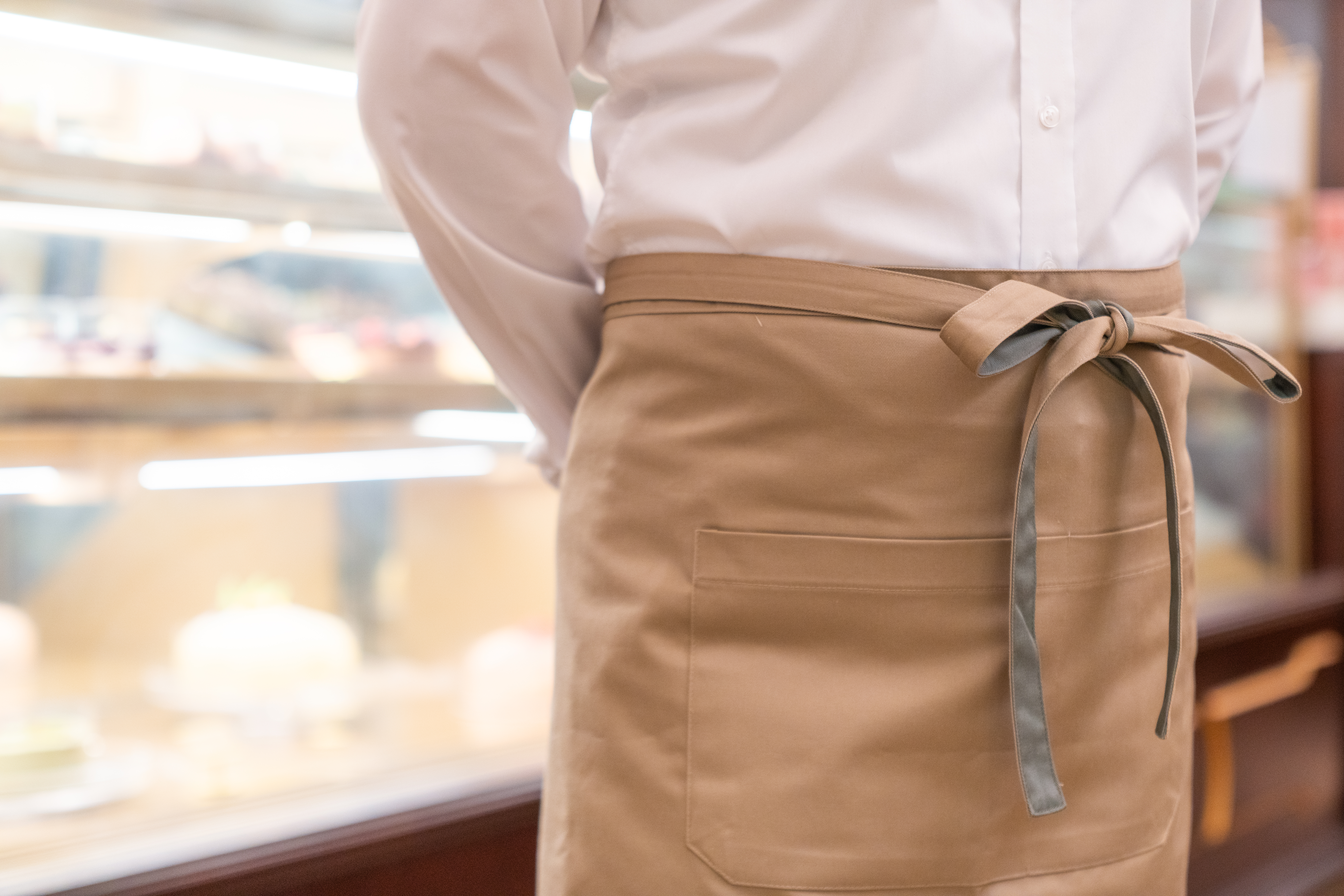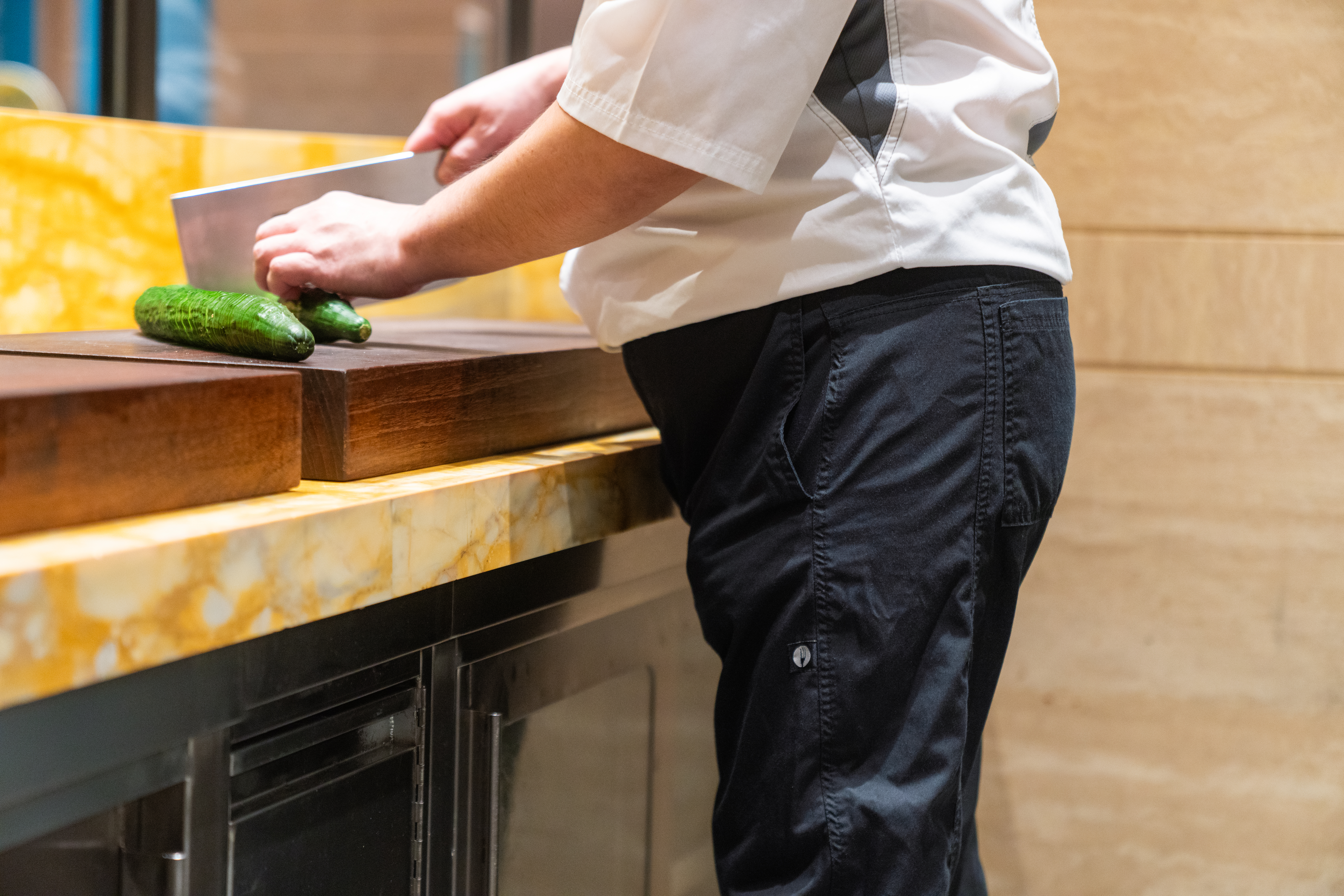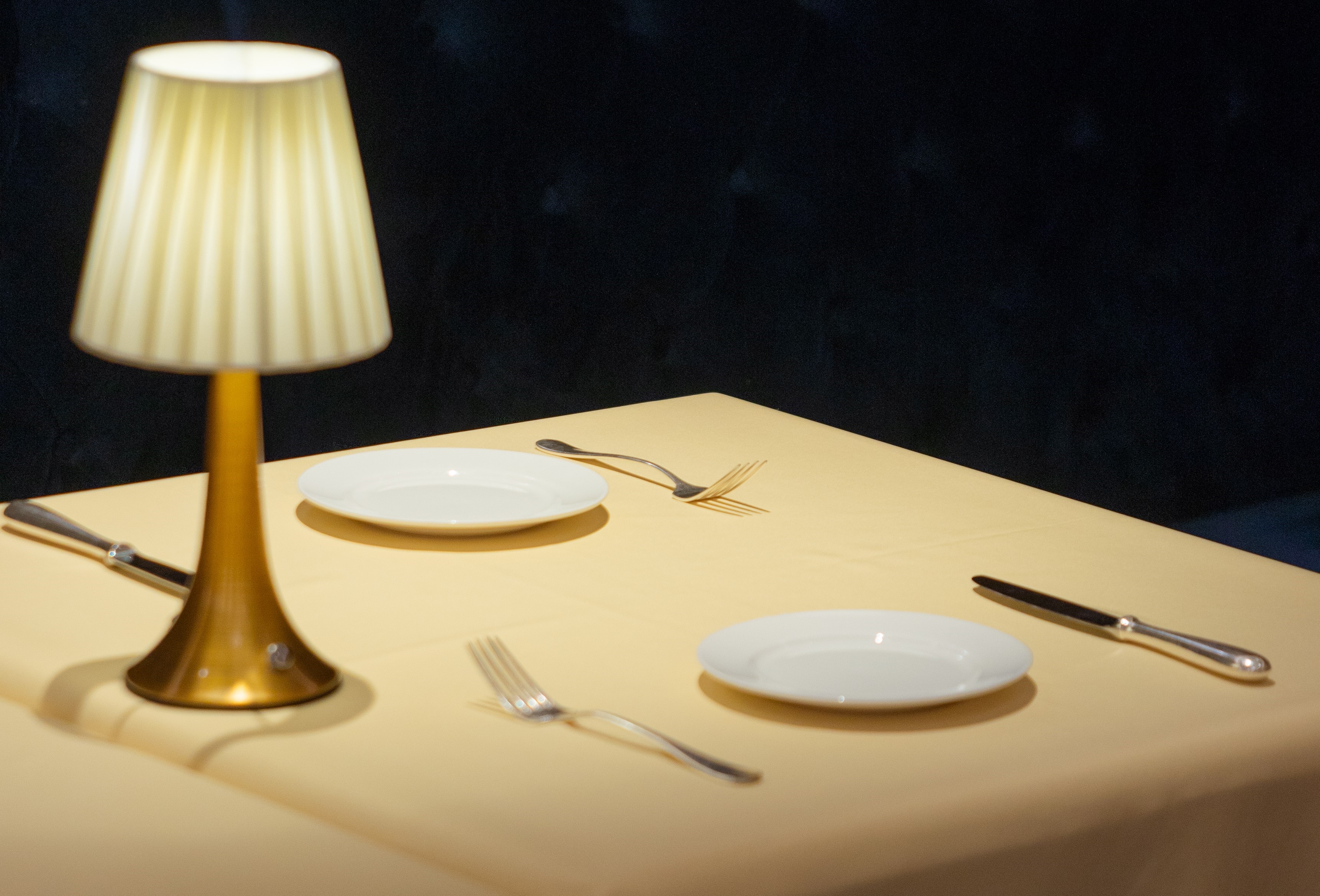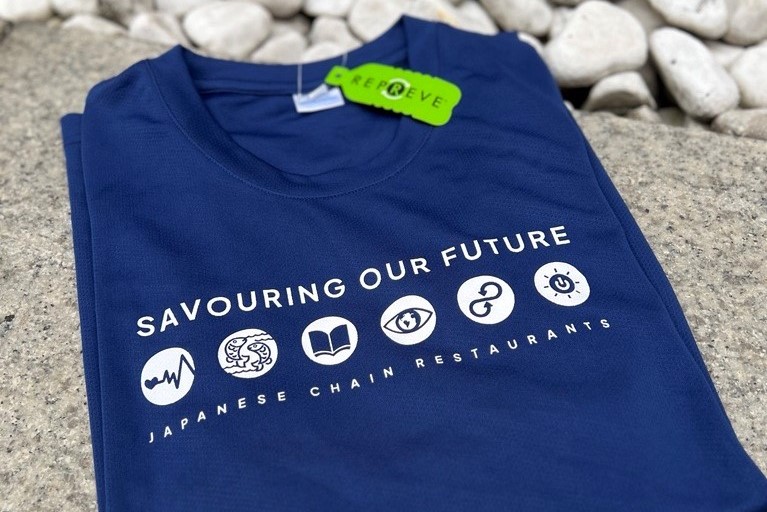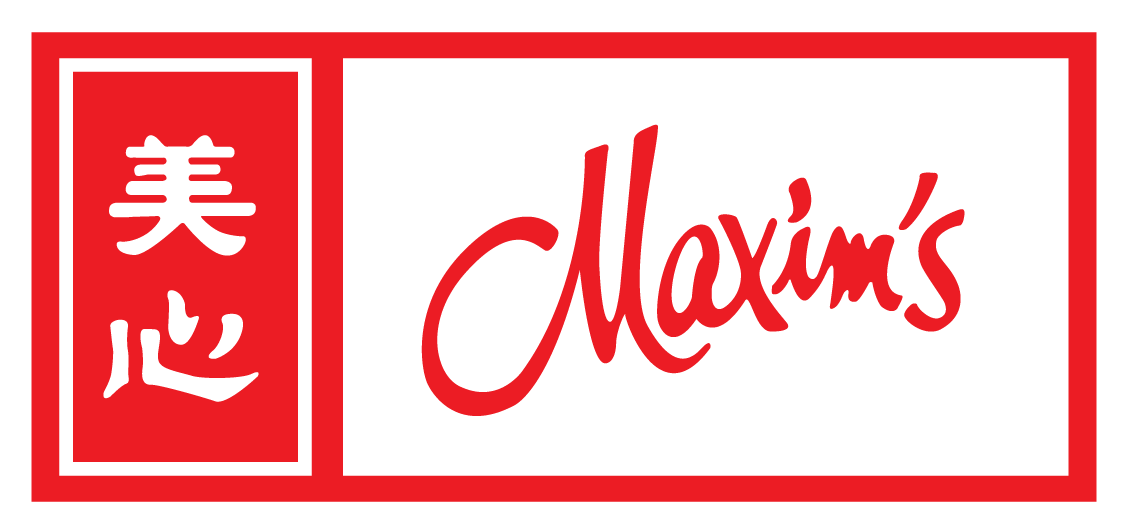Maxim’s Group and Swire Properties have co-organized the ‘Project Green Moon – Mooncake Boxes Collection’ campaign for 14 consecutive years. In 2022 alone, more than 3,800 mooncake boxes were recycled. The essence of reducing waste at source has indeed been infused as early as in the development stage of Maxim’s products.
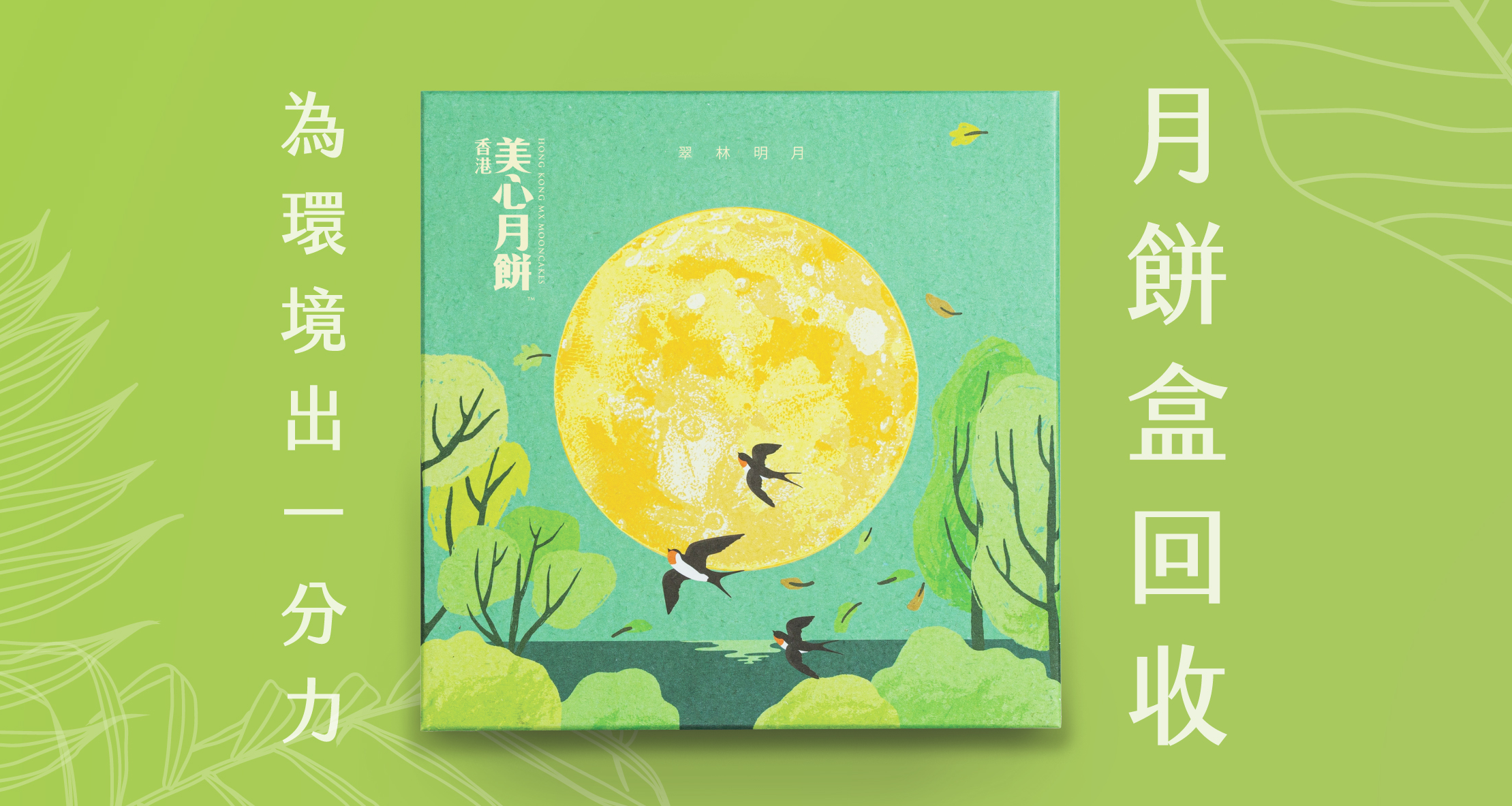
Waste Reduction is all about strategy. The mindset of waste reduction should start way from the beginning. It’s like drawing a triangle, the base, which is also the critical foundation, is to reduce waste at source starting from design and production.
Maxim’s Product Development Team has simplified the packaging without compromising the aesthetic glamour, making Hong Kong MX Mooncakes incessantly a renowned festival gift.
Hong Kong MX Mooncakes introduced bagasse as an eco-packaging material as early as 2014. Metal boxes have been re-sized as a ‘just-fit’ for four mooncakes, packaging is further minimized by reducing spare parts to only a cross-shaped divider to avoid excessive packaging.
Hong Kong MX Mooncakes introduced a new eco-packaging in 2022: a mooncake box made of FSC-certified paper with soy ink printing, embracing eco elements throughout its design.
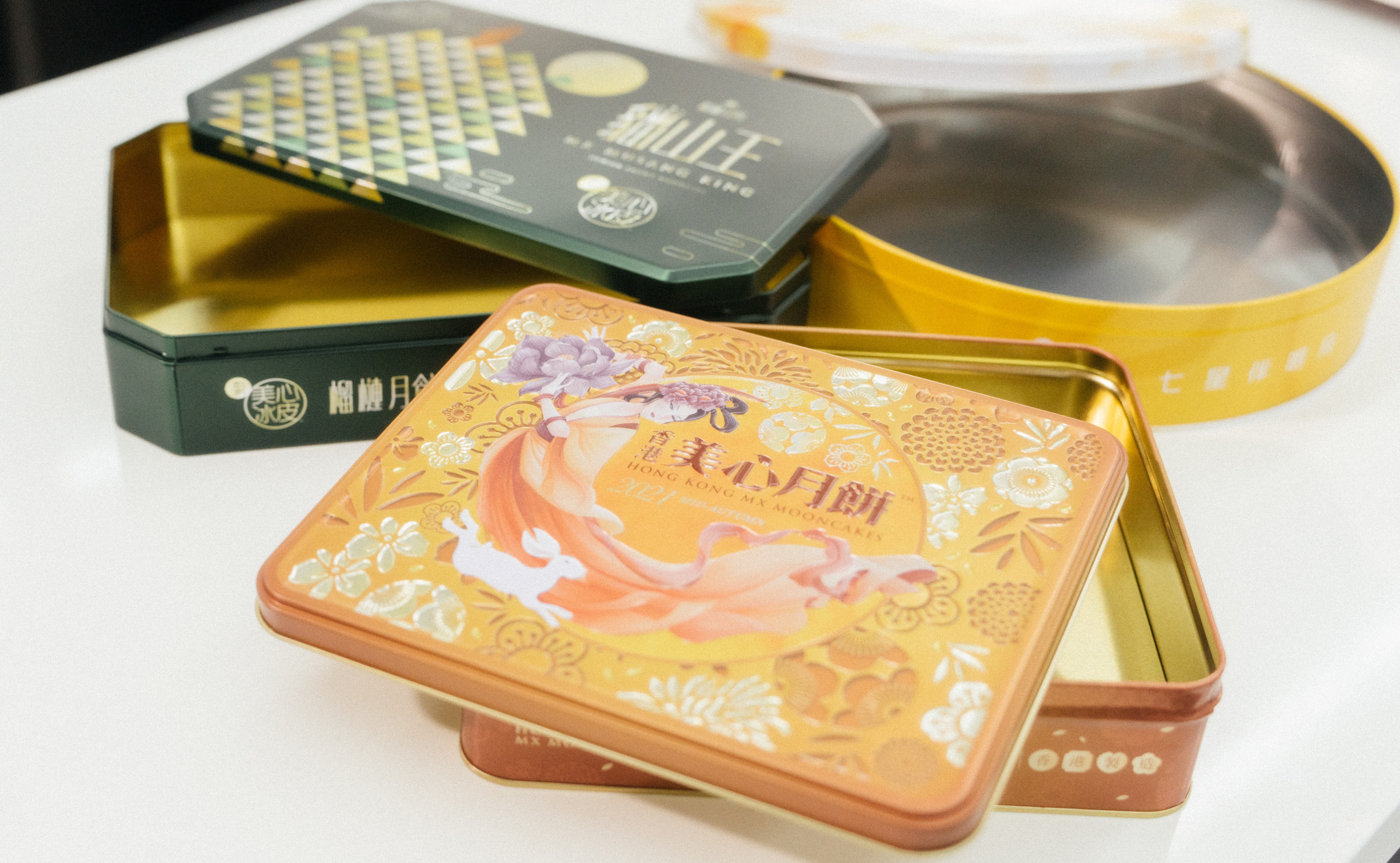
Maxim’s Group is committed to mooncake boxes recycling and it has co-organised the ‘Project Green Moon – Mooncake Boxes Collection’ campaign with Swire Properties for 14 consecutive years. This year, two new partners joined efforts to collect mooncake boxes during the Mid-Autumn season, namely the Hong Kong Federation of Youth Groups and the Hong Kong Housing Society. As a result, 3,800 boxes were recycled in 2022.
The collected mooncake boxes are transferred to Greener Actions to transform them into raw materials for a second life. “This year, spearheaded by Maxim’s, many other coporations joined the initiative with a total of 290 collection points. The previous collection points focused on points offered by partnering companies and corporations, and the scale was comparatively smaller.” said Ms Man Ip, Project Manager of Greeners Action.
After preliminary sorting of mooncake boxes and removal of parts not suitable for recycling, paper boxes are delivered to local recyclers and turned into paper pulps. Local companies can use paper pulps to make meaningful products. Metal boxes were crushed followed by processing and were transformed to raw material.
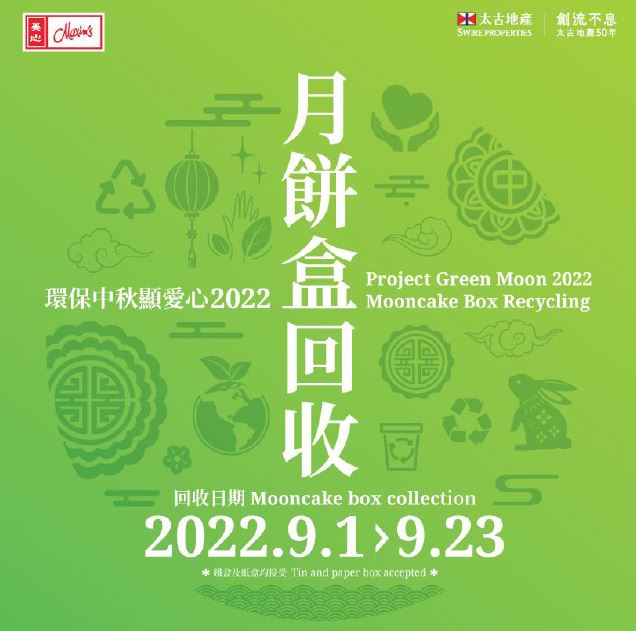
Greeners Action considers Maxim’s Group a forward-looking company in sustainability. Waste reduction is not limited to retail goods' packaging. Greeners Action collaborated with Maxim's Group as early as 2008 when they invited restaurant groups to join the “A Dollar Less for Less Rice” campaign. Man recalls, “Maxim’s Group responded swiftly. Meetings were held to discuss the promotion direction and the frontline operation. Maxim's Group is the first mover that promotes waste reduction proactively.”
Spearheaded by Maxim’s, the ‘bread rescue’ and donation program has distributed 12,000 bakery items to people in need over the years. Man expresses appreciation to Maxim’s forward-looking vision, “Maxim’s Group always acts fast. They have invited us to carry out food waste survey across its food and catering businesses and help determine how they can reduce waste and facilitate recycling in very early stage.”


